
Cardiac arrest is a serious and potentially fatal occurrence. It should be treated immediately. If treatment is delayed, death may be a result, but if treatment is administered swiftly, survival is possible. Cardiopulmonary Resuscitation, better known as CPR, can save lives if administered quickly. Some brain damage can also occur if cardiac is left untreated. When the body goes into cardiac arrest, the brain becomes starved of oxygen-rich blood and if the heart does not return to a proper rhythm, brain damage will occur, followed by death.
Risks
Cardiac arrest can be related to coronary artery disease and thus, the same risks apply to both. You may be vulnerable to cardiac arrest if you are a smoker, have high blood pressure or cholesterol levels or if you are obese. You may also be at risk of cardiac arrest if you have diabetes, if you consume too much alcohol or if you lead a sedentary lifestyle.
Certain other factors can increase the risk of cardiac arrest. If you have a family history of heart conditions or cardiac arrest, you might be vulnerable. Age and sex can also have an influence - the older you are, the more vulnerable you become, and this is especially true for males, who are generally more at risk than females. Drug abuse can also play a part in causing cardiac arrest.
Prevention
In order to prevent cardiac arrest, it is necessary to live a healthy lifestyle. This will reduce the risk factors significantly. Some ways to help maintain a healthy lifestyle include exercising regularly, maintaining a proper, healthy diet and avoiding or quitting smoking. One should also consume alcohol in moderation. If you do have heart problems, a doctor might advise medication, especially in the case of diabetes or high cholesterol levels. In addition to this, those who are seen as ‘high risk’ with regard to cardiac arrest may be advised to take anti-arrythmic drugs, or to use and implantable cardioverter-defibrillator. Some may also wish to purchase an external defibrillator, to be kept at home. Should you live with or be close to someone who suffers from a heart condition, it might be a good idea to learn or be trained in CPR. This will help those around you, as well as the wider community.


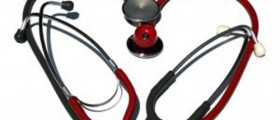
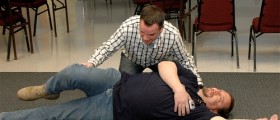

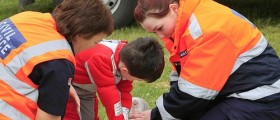

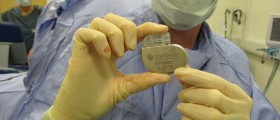


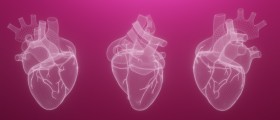
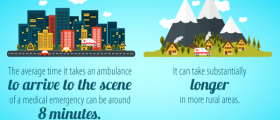


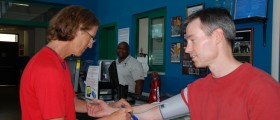


Your thoughts on this
Loading...